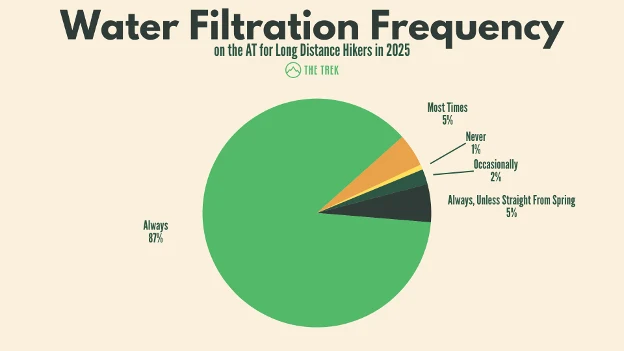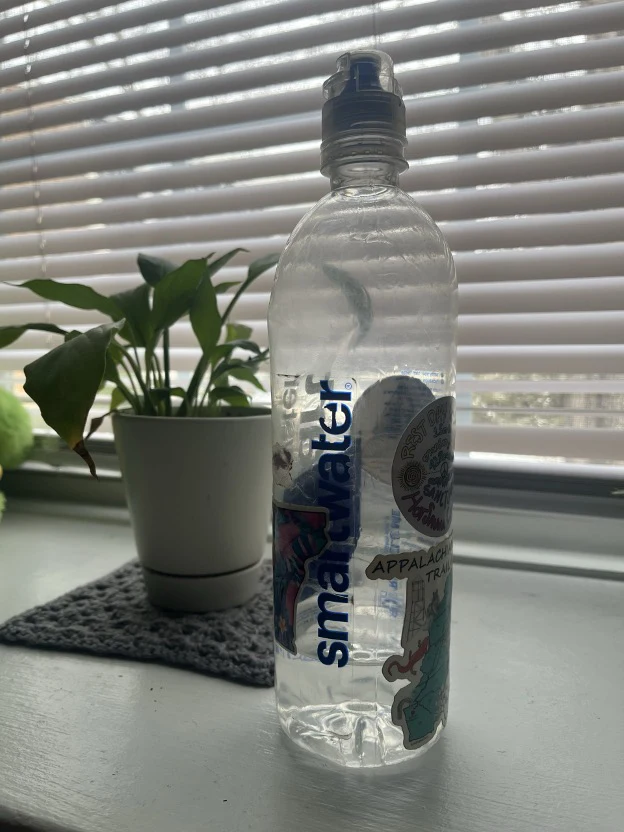Well + Good: What To Look For in a Pregnancy-Safe Bug Spray, According to Doctors
Well + Good: What To Look For in a Pregnancy-Safe Bug Spray, According to Doctors

Well + Good: What To Look For in a Pregnancy-Safe Bug Spray, According to Doctors
YouTube video highlight
When you’re pregnant, it’s important to do what you can to ensure a healthy pregnancy.
Read more about the projectWhat To Look For in a Pregnancy-Safe Bug Spray, According to Doctors
When you’re pregnant, it’s important to do what you can to ensure a healthy pregnancy. This will involve thinking twice about what you put on your skin and opting to use pregnancy-safe skin-care products—bug spray included.
Certain ingredients found in bug spray—such as DEET—can be absorbed into the skin, and if these ingredients aren’t deemed safe for use when pregnant, it can be potentially harmful to a pregnant person’s developing baby, especially if used in high concentrations. “As a product is absorbed into the skin, it will usually end up in our bloodstream and then get shared with a growing baby via the placenta and/or umbilical cord,” says Sarah Connors, ND, a naturopathic doctor and doula based in Ontario, Canada. “Keeping in mind that any products we use end up getting shared with our unborn children makes it that much more important to be aware of the ingredients in that product.”
Still, it’s essential to use bug spray to protect against itchy bites and insect-borne diseases like Zika and West Nile virus, which can also put pregnant people and their offspring at risk of harm. Fortunately, there are options that are safe and effective to use when pregnant.
Well + Good: What To Look For in a Pregnancy-Safe Bug Spray, According to Doctors


What To Look For in a Pregnancy-Safe Bug Spray, According to Doctors
When you’re pregnant, it’s important to do what you can to ensure a healthy pregnancy. This will involve thinking twice about what you put on your skin and opting to use pregnancy-safe skin-care products—bug spray included.
Certain ingredients found in bug spray—such as DEET—can be absorbed into the skin, and if these ingredients aren’t deemed safe for use when pregnant, it can be potentially harmful to a pregnant person’s developing baby, especially if used in high concentrations. “As a product is absorbed into the skin, it will usually end up in our bloodstream and then get shared with a growing baby via the placenta and/or umbilical cord,” says Sarah Connors, ND, a naturopathic doctor and doula based in Ontario, Canada. “Keeping in mind that any products we use end up getting shared with our unborn children makes it that much more important to be aware of the ingredients in that product.”
Still, it’s essential to use bug spray to protect against itchy bites and insect-borne diseases like Zika and West Nile virus, which can also put pregnant people and their offspring at risk of harm. Fortunately, there are options that are safe and effective to use when pregnant.
Well + Good: What To Look For in a Pregnancy-Safe Bug Spray, According to Doctors


What To Look For in a Pregnancy-Safe Bug Spray, According to Doctors
When you’re pregnant, it’s important to do what you can to ensure a healthy pregnancy. This will involve thinking twice about what you put on your skin and opting to use pregnancy-safe skin-care products—bug spray included.
Certain ingredients found in bug spray—such as DEET—can be absorbed into the skin, and if these ingredients aren’t deemed safe for use when pregnant, it can be potentially harmful to a pregnant person’s developing baby, especially if used in high concentrations. “As a product is absorbed into the skin, it will usually end up in our bloodstream and then get shared with a growing baby via the placenta and/or umbilical cord,” says Sarah Connors, ND, a naturopathic doctor and doula based in Ontario, Canada. “Keeping in mind that any products we use end up getting shared with our unborn children makes it that much more important to be aware of the ingredients in that product.”
Still, it’s essential to use bug spray to protect against itchy bites and insect-borne diseases like Zika and West Nile virus, which can also put pregnant people and their offspring at risk of harm. Fortunately, there are options that are safe and effective to use when pregnant.
























































































































